China to Chile Freight Forwarder
The Ultimate Guide
Shipping from China to Chile: The Ultimate Guide 2024
Table of Contents
Chile has become an increasingly important trading partner for China in recent years. Chilean businesses are importing a wide range of goods, from electronics to raw materials, thanks to China’s manufacturing capabilities and competitive pricing. However, shipping goods between China and Chile presents several logistical challenges. Importers must navigate shipping costs, customs clearance, import duties, and various other complexities.
This guide is designed to provide a detailed, step-by-step breakdown of the entire process of shipping goods from China to Chile. We will cover shipping methods, costs, transit times, import taxes, and how to avoid common pitfalls. Whether you’re a first-time importer or an experienced business owner, this guide will help you manage your shipping needs more efficiently.
Why Import from China to Chile?
China remains one of the most attractive sources for imports due to its low production costs, vast range of products, and established trade agreements with countries like Chile. Chilean businesses benefit from sourcing goods from China because of the competitive pricing and high manufacturing standards for a variety of products. Moreover, the Free Trade Agreement (FTA) between Chile and China significantly reduces customs duties on many products, making it easier and cheaper to import goods.
Given these advantages, Chilean companies continue to rely on Chinese suppliers. However, understanding the logistical complexities is crucial for ensuring successful and cost-effective imports.
September 2024 Shipping Rate Update: From China to Chile
Shipping rates between China and Chile have seen fluctuations due to a variety of factors including global fuel prices, port congestion, and geopolitical events. Staying informed about current shipping rates is essential for businesses to effectively plan their budgets. As of September 2024, the shipping costs have increased slightly across both air and sea freight.
For air freight, the cost is currently between $5 and $6 per kilogram, with transit times ranging from 5 to 8 days. This method is best suited for smaller, high-value goods that need to be delivered quickly, such as electronics or medical supplies.
Sea freight remains the most popular and cost-effective option, especially for large shipments. A 20-foot container costs between $3,000 and $5,000, while a 40-foot container costs between $5,000 and $8,000. Sea freight typically takes 35 to 45 days for transit, depending on the route and the port of destination.
For smaller shipments, Less than Container Load (LCL) offers a shared space option within a container, costing between $300 and $400 per cubic meter. While cheaper, LCL shipments often take longer because of the need to consolidate cargo with other shipments.
Freight Transit Times from China to Chile
The time it takes to ship goods from China to Chile varies significantly based on the mode of transport and the specific port locations. Sea freight is the most economical but also the slowest. For example, shipping from Shanghai to Valparaíso typically takes between 35 and 45 days. Similarly, shipments from Ningbo to San Antonio also range between 35 and 45 days. Ports such as Iquique might take a bit longer due to their northern location.
Air freight, on the other hand, is much faster, with transit times between 5 and 8 days, depending on the specific routes used. For instance, shipments from Shenzhen or Hong Kong to Santiago are likely to arrive within 5 to 7 days, making air freight a good option for urgent deliveries.
How to Choose the Best Shipping Method from China to Chile
Choosing the most suitable shipping method depends on the nature of your goods, their volume, and how quickly you need them. Here’s how to determine the best option for your needs:
- Air Freight is ideal for small, high-value, or time-sensitive shipments. Although it is the fastest method, it’s also the most expensive. Air freight is commonly used for electronics, medical equipment, or other high-value goods.
- Full Container Load (FCL) Sea Freight is a cost-effective option for large shipments. Businesses that regularly ship large quantities should opt for FCL, as it allows for more secure and economical shipping, especially if the container is filled to capacity.
- Less than Container Load (LCL) Sea Freight works best for businesses with smaller shipments that don’t require an entire container. With LCL, you share container space with other shipments, reducing your costs, but transit times may be longer due to consolidation requirements.
Deciding between air and sea freight depends on the urgency of the shipment and the volume of goods being shipped. Businesses that prioritize cost savings over time should opt for sea freight, while those with more urgent needs should consider air freight.
Understanding Import Tax and Duties from China to Chile
When importing goods from China to Chile, understanding the tax structure is critical to avoid unexpected costs. Import duties and taxes include customs duties, VAT, and in some cases, excise taxes for specific products like alcohol or tobacco.
Under the Chile-China Free Trade Agreement, many products enjoy reduced or zero customs duties, which typically range from 0% to 6%. However, all goods imported into Chile are subject to a 19% VAT, which is calculated on the total value of the goods, including shipping and insurance.
Certain products, such as luxury goods and hazardous materials, may also be subject to additional taxes and require special permits. Businesses should consult with a customs broker or use online duty calculators to estimate the total cost of importing goods.
What is Cargo Insurance and Risk Management?
Shipping goods internationally comes with various risks, including damage, theft, or loss during transit. Cargo insurance is a safeguard that protects against these risks, ensuring that you won’t suffer financial losses if something goes wrong.
There are two main types of cargo insurance:
- All-Risk Coverage: This is the most comprehensive type of insurance, covering a wide range of potential risks, including theft, damage, and loss during transit.
- Named Perils Coverage: This covers specific risks listed in the policy, such as fire or natural disasters.
The cost of cargo insurance is typically 0.3% to 0.5% of the shipment’s total value, making it an affordable way to mitigate potential losses. For businesses shipping high-value goods or fragile items, all-risk coverage is highly recommended.
How to Reduce Your Shipping Costs from China to Chile
Shipping costs can significantly impact your bottom line, but there are several strategies to reduce these expenses:
- Consolidate Shipments: Consolidating smaller shipments into one larger shipment can help lower per-unit shipping costs. Using LCL for smaller shipments and FCL for larger ones is an effective way to save on shipping.
- Negotiate with Freight Forwarders: Long-term partnerships with freight forwarders can give you leverage to negotiate better rates. Freight forwarders often offer discounts to regular clients.
- Optimize Packaging: Reducing the size and weight of your shipment by optimizing packaging can lower shipping costs. Be mindful of both volume and weight, as shipping companies use dimensional weight to calculate charges.
- Plan for Off-Peak Shipping: Shipping during non-peak times can also help reduce costs. Avoid shipping during holidays or high-demand periods to take advantage of lower rates.
By implementing these strategies, businesses can manage their logistics costs more effectively and improve their overall supply chain efficiency.
How to Choose the Best Forwarder from China to Chile
Choosing the right freight forwarder is critical to ensuring smooth and cost-effective shipping. Here are the factors to consider when selecting a forwarder:
- Experience and Expertise: Look for a forwarder with a proven track record of shipping to Chile. They should have experience navigating the specific regulations and logistics challenges of the region.
- Comprehensive Services: The best freight forwarders offer a wide range of services, including customs clearance, door-to-door delivery, cargo tracking, and insurance. This makes the shipping process more streamlined and efficient.
- Transparent Pricing: Choose a forwarder that provides clear, upfront pricing. Hidden fees or unexpected charges can disrupt your budget and create unnecessary complications.
- Tracking and Communication: Good communication is key to ensuring that your shipment arrives on time and without issues. Your forwarder should provide real-time tracking and regular updates throughout the shipping process.
A reliable forwarder will ensure that your goods are shipped efficiently, your documentation is correct, and any issues that arise are handled quickly.
How to Handle Customs Clearance from China to Chile
Customs clearance is a critical step in the shipping process. To ensure smooth customs clearance, all required documentation must be in order, and all duties and taxes must be paid on time. Here’s a breakdown of the process:
- Key Documents: You’ll need a commercial invoice, a bill of lading, a packing list, and certificates of origin if applicable. If you are eligible for tariff reductions under the FTA, ensure you have the necessary certificates of origin to avoid paying higher duties.
- Work with a Customs Broker: A customs broker can help navigate the complex regulations and paperwork involved in clearing customs. They ensure that your goods comply with Chile’s import regulations and help expedite the clearance process.
- Pay Duties and Taxes: Be sure to account for all applicable duties and taxes, including customs duties, VAT, and any excise taxes. These must be paid promptly to avoid delays in the customs clearance process.
Ensuring that all documentation is accurate and working with a reliable customs broker can help prevent delays and avoid fines.
How to Track My Cargo from China to Chile
Most freight forwarders and shipping companies offer real-time tracking tools that allow you to monitor the status of your shipment from the moment it leaves the warehouse in China until it reaches its destination in Chile. These tracking tools provide real-time updates on your shipment’s location, estimated arrival time, and any delays or issues.
Freight Forwarder Platforms: Most freight forwarders provide proprietary tracking systems that allow you to see yourshipment’s current location, delivery progress, and estimated arrival times. These platforms often offer email or SMS notifications to alert you of any changes.
Carrier-Specific Tracking Tools: Many shipping companies, like Maersk, COSCO, and CMA CGM, offer tracking services directly on their websites. By entering your container number or shipment details, you can get updates on its status.
Third-Party Tracking Tools: For additional visibility, you can use platforms like MarineTraffic or VesselFinder to track the movements of ships in real-time. These tools provide more detailed insights into the route and location of your goods, which can be particularly useful for sea freight shipments.
Using these tracking tools helps ensure that you’re aware of your shipment’s progress, allowing you to plan for any delays and coordinate with your receiving teams in Chile.
Restricted & Prohibited Items Shipping from China to Chile
Before shipping, it’s crucial to be aware of any items that are restricted or prohibited from being imported into Chile. Violating these restrictions can lead to fines, shipment confiscation, or even legal consequences. Here’s a quick overview of restricted and prohibited goods:
Prohibited Items: Some items are completely banned from entering Chile. These include certain hazardous materials, narcotics, and counterfeit goods.
Restricted Items: Certain items can be imported, but only with specific permits or certifications. For example, medical equipment requires approval from Chilean health authorities, and certain agricultural products need to comply with Chile’s strict phytosanitary regulations to prevent the introduction of pests and diseases.
Before shipping, consult with a customs broker or freight forwarder to verify whether your goods require special permits or are subject to any restrictions. This will help you avoid potential delays and fines at customs.
Shipping From China to Chile Main Route
Chile’s extensive Pacific coastline and well-developed port infrastructure make it an ideal destination for maritime shipping from China. The main ports for receiving goods from China include:
Valparaíso Port: Located near Santiago, Valparaíso is one of Chile’s busiest ports and a major hub for container traffic. It’s often the preferred port for businesses in central Chile due to its proximity to the capital.
San Antonio Port: As Chile’s largest port, San Antonio handles a significant volume of containerized goods, making it a strategic entry point for imports from China.
Iquique Port: Located in the northern part of Chile, Iquique mainly handles mining-related imports and serves as a gateway for goods destined for northern Chile.
The route from China to Chile typically involves direct shipments from major Chinese ports like Shanghai, Ningbo, and Shenzhen to one of these primary Chilean ports. Sea freight is the most common shipping method due to its cost-effectiveness, especially for large-volume shipments.
10 Things You Need to Avoid When Shipping from China to Chile
When shipping from China to Chile, certain mistakes can result in delays, additional costs, or even legal issues. Here are ten common pitfalls to avoid:
Incomplete Documentation: Missing or incorrect documents are the number one cause of shipment delays. Ensure all paperwork is accurate and complete.
Choosing the Wrong Shipping Method: Selecting the wrong shipping method can result in higher costs or delayed delivery. Always choose a method that suits your budget, timeline, and cargo volume.
Ignoring Customs Regulations: Non-compliance with Chilean customs regulations can result in fines, delays, or confiscation of goods. Always work with a knowledgeable customs broker.
Shipping Prohibited Items: Make sure none of the items in your shipment are prohibited by Chilean customs, as they could lead to legal trouble.
Underestimating Transit Times: Sea freight from China to Chile can take 35 to 45 days. Plan accordingly to avoid inventory shortages or missed deadlines.
Overpacking: Excessive packaging increases the volume and weight of your shipment, raising your shipping costs.
Not Insuring High-Value Cargo: Cargo insurance is a small investment that protects you from significant financial loss in case of damage or theft.
Forgetting to Track Shipments: Failing to monitor your shipment can leave you unprepared for delays or issues during transit.
Ignoring Peak Shipping Periods: Rates often increase during peak seasons. Avoid shipping during these times to save on costs.
Choosing a Low-Cost Forwarder Without Research: Always vet your freight forwarder thoroughly. Choosing based solely on cost can lead to poor service, delays, or hidden fees.
How to Ship Cargo From China to Chile: Step-by-Step Guide
Shipping goods from China to Chile involves several important steps, from selecting the right shipping method to clearing customs and arranging final delivery. Here’s a detailed step-by-step guide:
Choose Your Shipping Method: Decide whether air or sea freight is most suitable for your goods based on their volume, value, and urgency. Air freight is faster but more expensive, while sea freight is slower but cost-effective for larger shipments.
Request Multiple Quotes from Freight Forwarders: Compare quotes from several freight forwarders to find the best rates and services for your shipment.
Prepare Documentation: Ensure all necessary documents (commercial invoice, bill of lading, packing list, certificates of origin) are ready and accurate to avoid delays at customs.
Book Your Shipment: Once you’ve chosen a forwarder and prepared your documentation, book your shipment. Your forwarder will handle the logistics, including transport, loading, and delivery coordination.
Track Your Shipment: Use the tracking tools provided by your forwarder or shipping line to monitor your shipment’s progress in real time.
Clear Customs in Chile: Once your shipment arrives in Chile, it will need to clear customs. Your customs broker will help ensure that all duties and taxes are paid and that your goods comply with Chilean regulations.
Arrange Final Delivery: After clearing customs, arrange for the final delivery of your goods to their intended destination.
Conclusion
Shipping goods from China to Chile can be a complex process, but with proper planning and the right partners, it can be managed smoothly and cost-effectively. From choosing the right shipping method and preparing accurate documentation to tracking shipments and clearing customs, each step requires attention to detail to avoid delays and additional costs.
At Mbmlog, we provide comprehensive, end-to-end logistics solutions to ensure your goods are shipped efficiently and at competitive rates. Whether you need assistance with sea or air freight, customs clearance, or real-time tracking, we’re here to help. Contact us today to learn how we can make your shipping process faster, safer, and more affordable.
Send Your Enquiry Now
Our Services
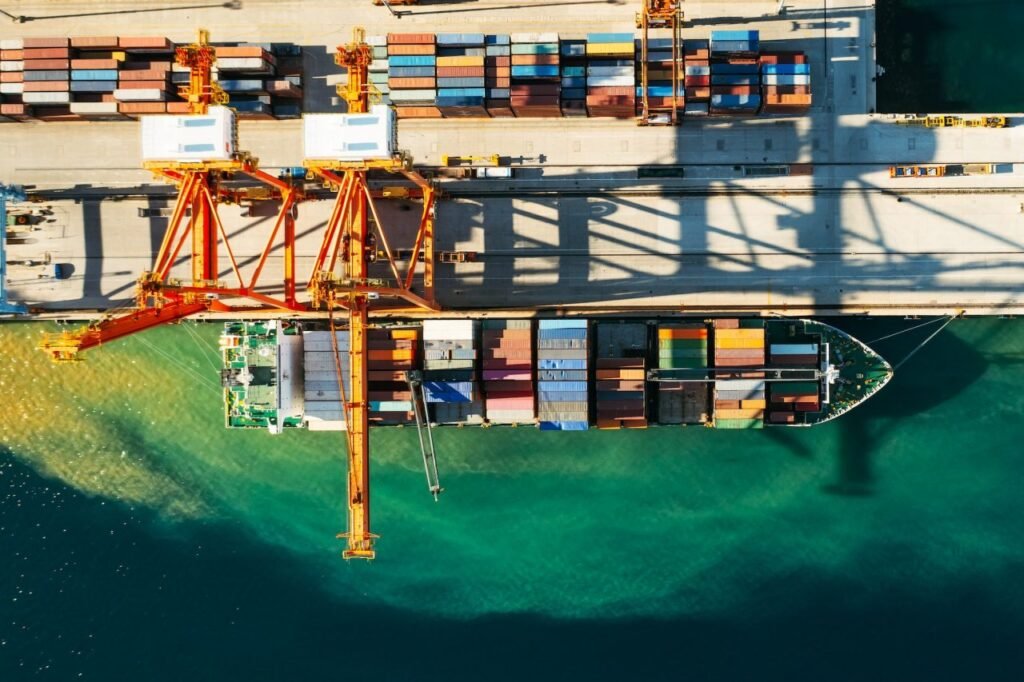
Sea Freight Shipping from China to Chile
Enjoy cost savings with our high-capacity sea freight options, ideal for large shipments without the rush.
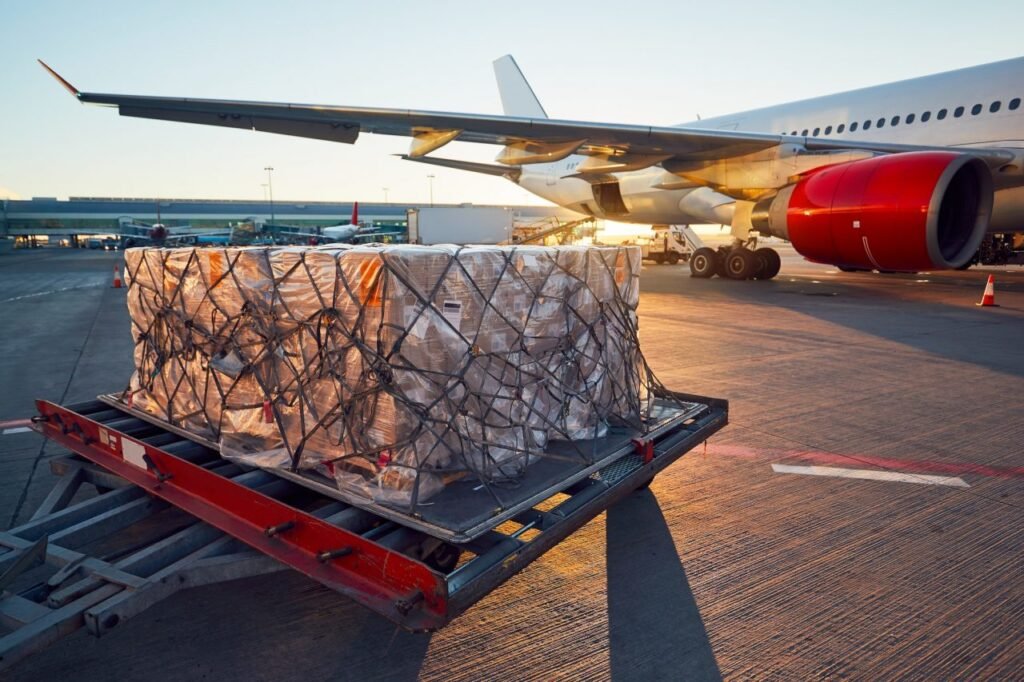
Air Freight Shipping from China to Chile
Expedite your urgent shipments with our air freight services, ensuring your business stays on schedule.

Door to Door Shipping from China to Chile
Experience hassle-free shipping with our door-to-door service, covering all logistics from pickup to delivery.
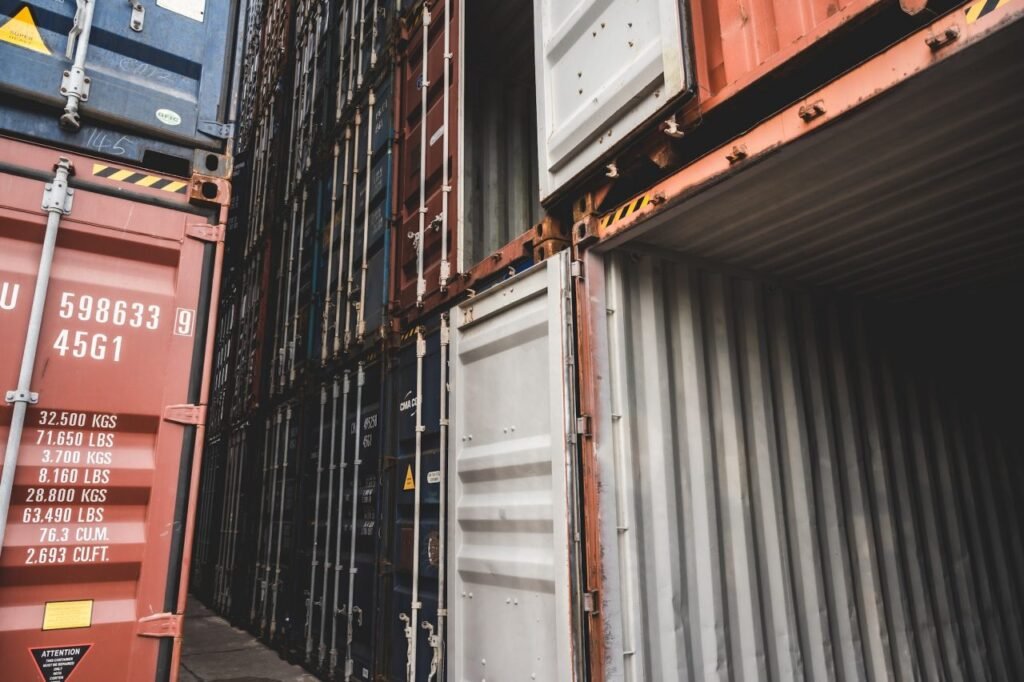
Cheapest Shipping From China to Chile
Maximize your budget with our affordable shipping solutions, designed to deliver cost-effective and reliable transport.
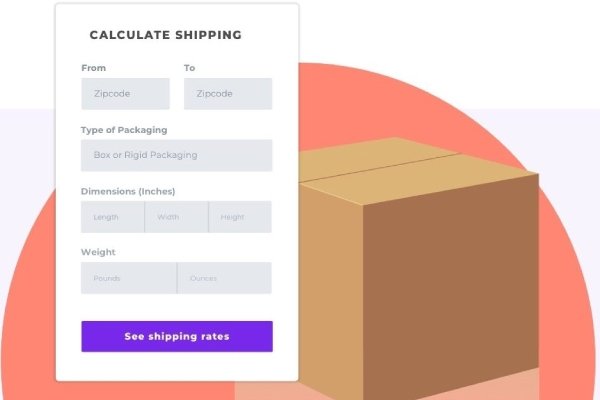
How long/much Shipping from China to Chile
Plan effectively with our clear and upfront information on timelines and costs, empowering your business decision-making.
FCL Shipping From China to Chile
Mbmlog’s FCL Shipping service can secure your large shipments with Full Container Load (FCL) shipping, ensuring your cargo travels together without disruptions, perfect for bulk goods needing robust protection.
LCL Shipping From China to Chile
Benefit from the flexibility of Less than Container Load (LCL) shipping, which allows you to send smaller shipments more frequently, helping manage inventory effectively without the need to fill a full container.
Additional services for shipping from China to Chile
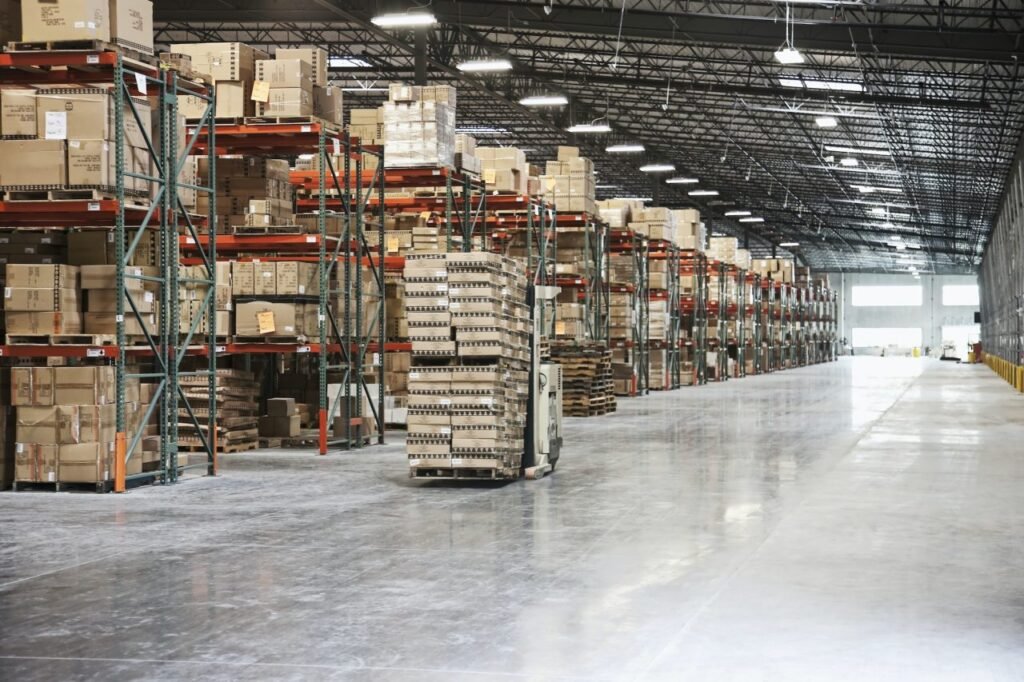
Pickup & Delivery
Streamline your logistics with our reliable pickup and delivery services, ensuring timely and efficient transportation from your doorstep directly to the destination, enhancing operational speed and reliability.
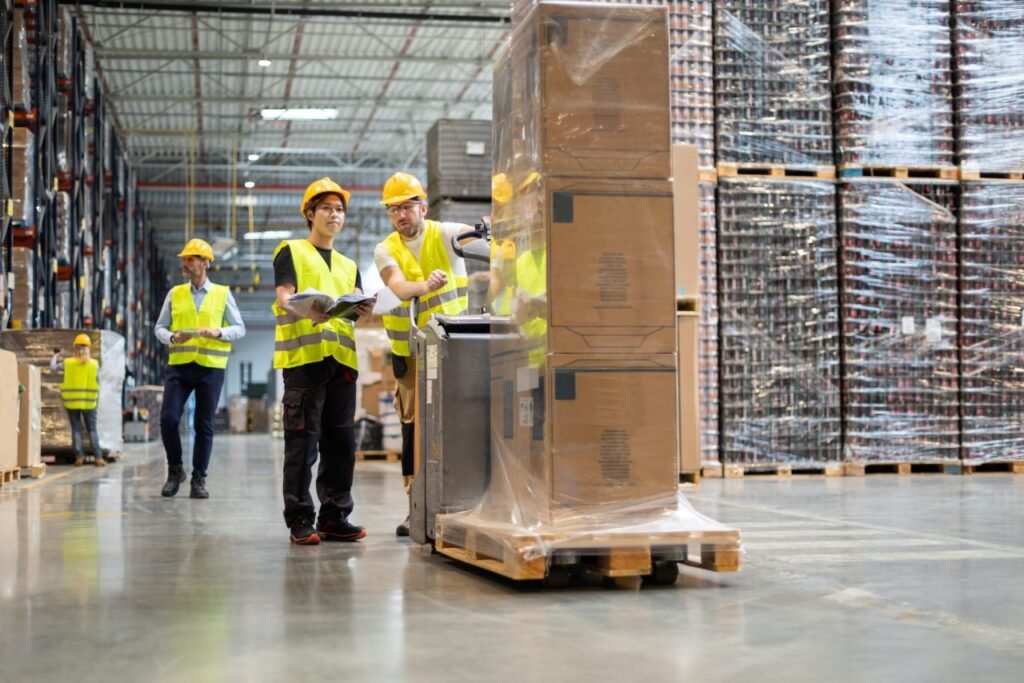
Warehouse
Utilize our secure and scalable warehousing solutions to safely store your goods, offering flexible storage options that adapt to your business needs, helping optimize inventory management and accessibility.
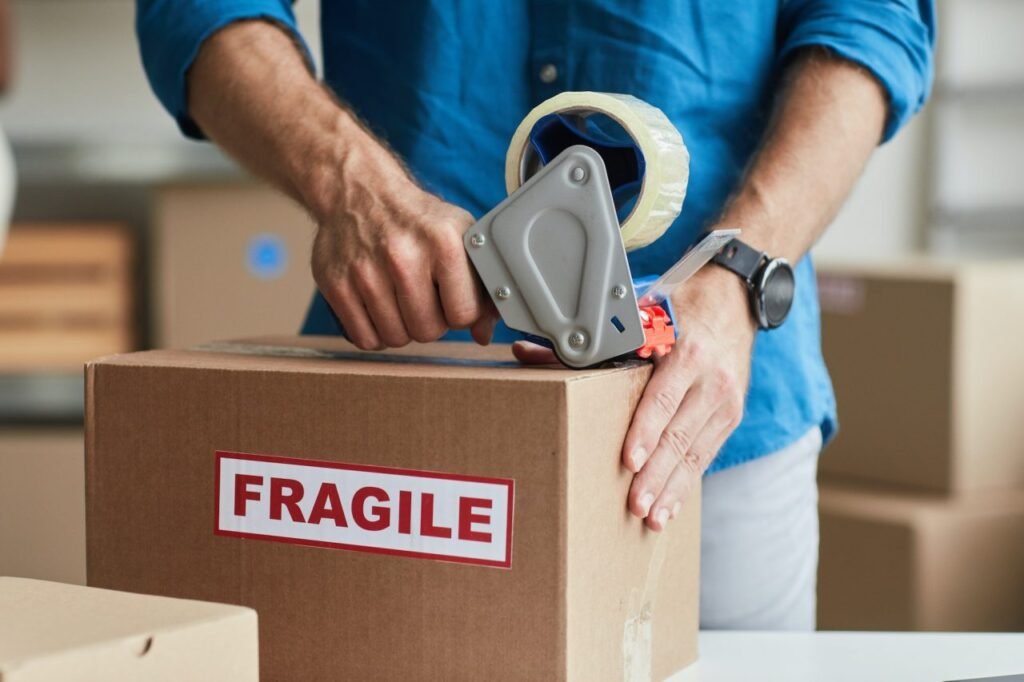
Cargo Insurance
Protect your investments with comprehensive cargo insurance, providing financial security and peace of mind against potential transit damages or losses, ensuring smooth and risk-free shipping operations.
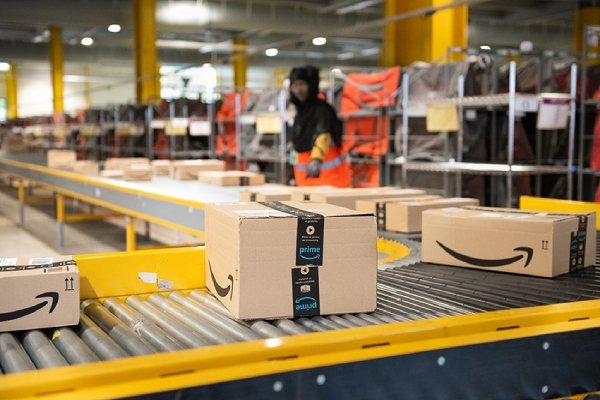
Shipping to FBA Warehouse
Facilitate seamless integration with Amazon’s network through our specialized shipping services to FBA warehouses, optimizing your fulfillment strategy, reducing handling times, and boosting your sales potential.

Custom Clearance
Expedite your international shipments with our expert custom clearance services, minimizing delays and ensuring compliance with all global trade regulations, simplifying your import/export processes.
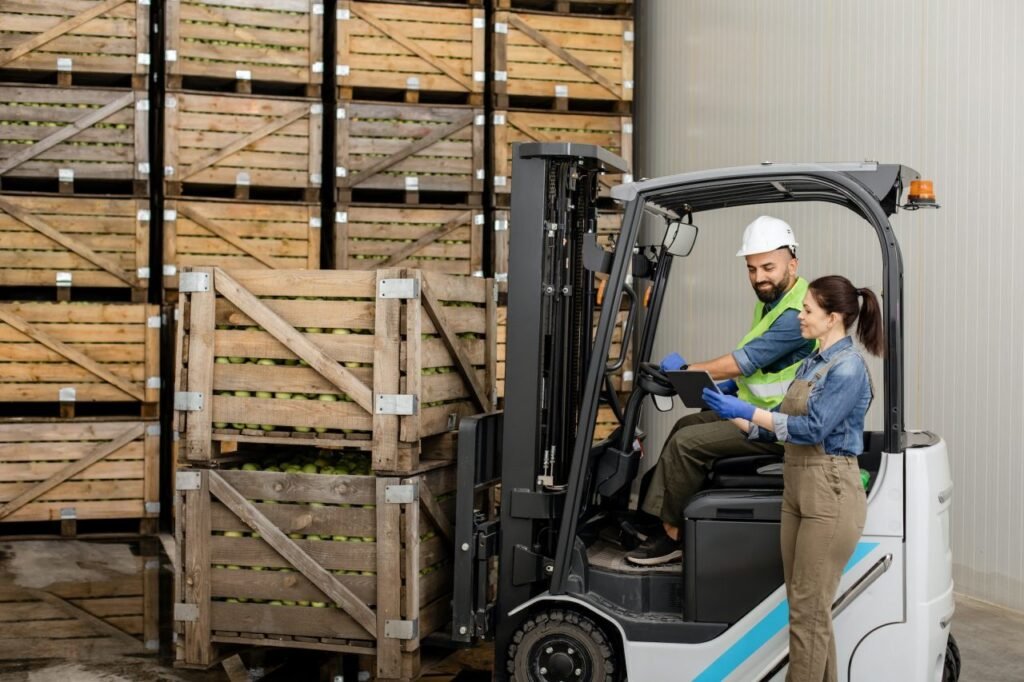
Loading Inspection
Ensure the quality and condition of your goods with our thorough loading inspections, securing shipment integrity and enhancing overall customer satisfaction by preventing potential issues during transit.

Express Shipping
Accelerate your delivery times with our express shipping options, ideal for urgent shipments that require fast and reliable service, helping you meet tight deadlines and exceed customer expectations.
Why Choose MBM ?
Experience the benefits of smooth moving
By choosing mbmlog, you gain competitive pricing, reliable and timely deliveries, and 24/7 expert support. Benefit from our 20 years of experience, seamless customs clearance, and free warehouse storage, ensuring your logistics are efficient, cost-effective, and worry-free.
20 Years Expertise
Mbmlog offers unparalleled logistics solutions. Our extensive experience ensures efficient, reliable services tailored to meet your diverse shipping needs.
Free Warehouse
Enjoy up to 30 days of free warehouse storage with mbmforwarding. Our secure, well-organized facilities ensure your goods are stored safely.
24hx7 English Speaking Expert Supports
We provides 24hx7 English-speaking expert support, ensuring seamless, efficient communication and immediate assistance for all your logistics requirements.
Cargo Insurance
Our company offers comprehensive cargo Insurance services, protecting your shipments with tailored insurance options, ensuring safety and peace of mind during transit.
On Tracking Services
mbmforwarding's on tracking services provide real-time updates on your shipments, ensuring you always have accurate information about your cargo's status.
Professional Custom Clearance
Our professional custom clearance services guarantee smooth, efficient processing. Our expert team handles all documentation, ensuring compliance with regulations.
